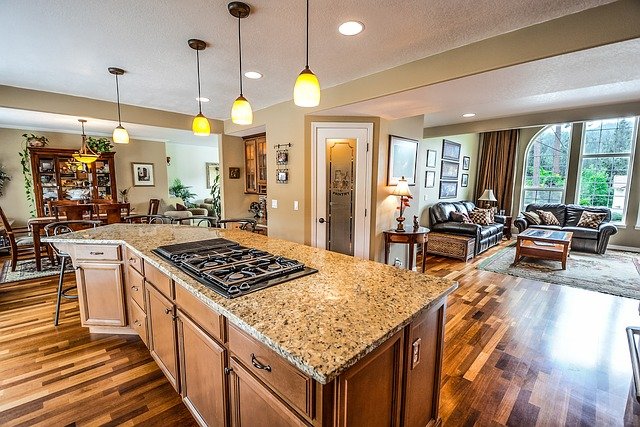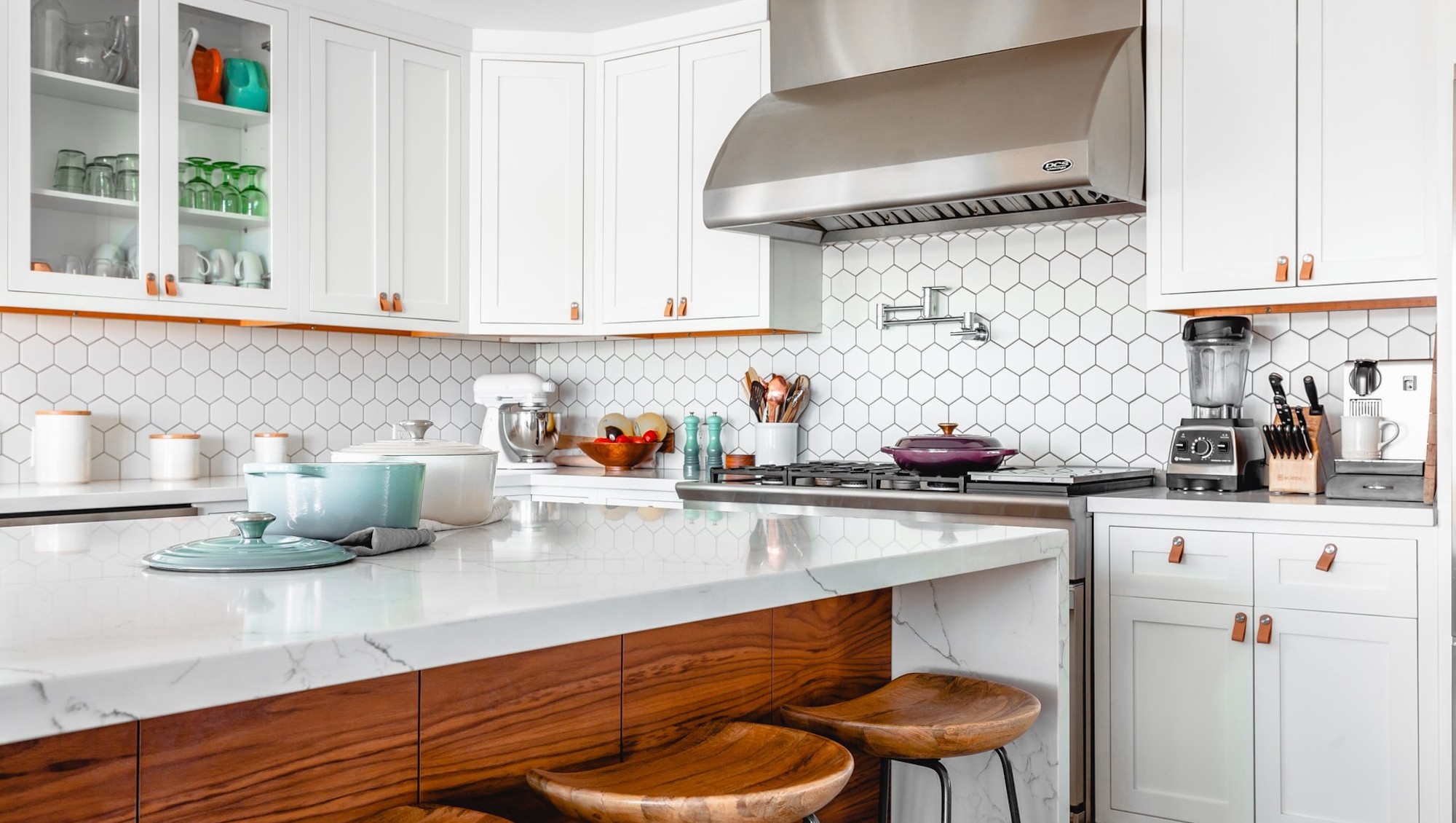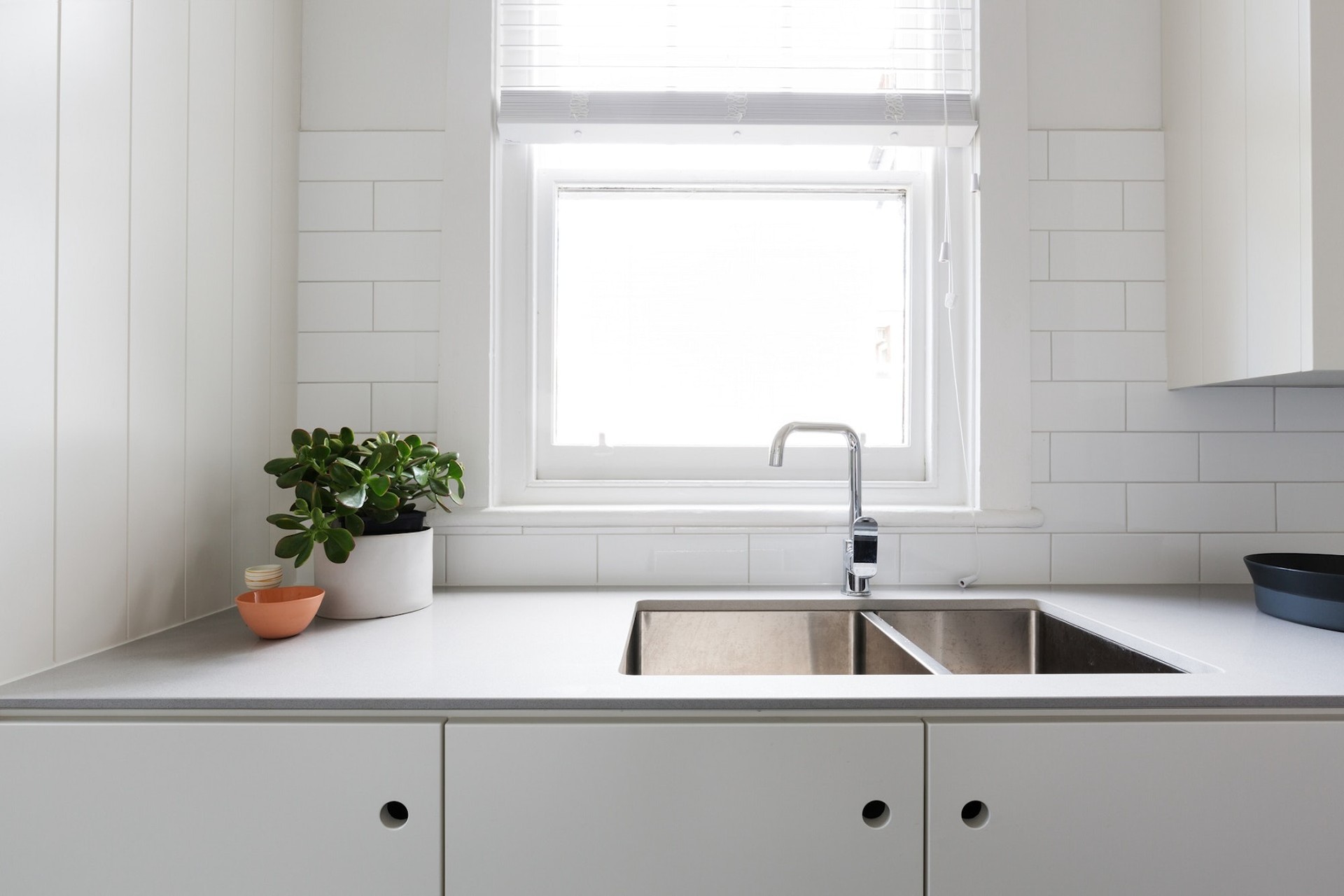As long as you've got the right allies by your side- a suitable lender, real estate agent and solicitor - everything should proceed with minimal friction.
Looking to buy a home, but the process seems so complex to you?
Buying a home is an exciting milestone in anyone's life. While owning a house is exhilarating in its own right, the process to get one isn't easy. There are so many steps, things to do, and pitfalls to avoid that the prospect might seem a little overwhelming.
We at YouBroker want you to have a smooth buying process, so here’s our simplified rundown of seven phases to expect when you're buying a home, from setting your goals to closing the deal.
Lay down your goals
Securing a house starts with defining exactly the type of house you want. What does your ideal house look like? A few questions you might want to answer are:
- Where would you like to live?
- How much land do you want your house on?
- When would you like to buy it?
- Are you looking for a new house or you won't mind renovating?
- What type of house are you looking for? Think villa, townhouse, apartment unit, etc
- How big would your ideal house be?
- How many bedrooms and bathrooms do you need?
- How long has the house been on the market?
An excellent place to start would be to look at websites, newspapers, and other local publications that have a real estate section. This should give you an idea of the houses on the market and their prices. You can have a look at Realestate.com.au and domain.com.au to see what’s available on the market.
You'll soon understand that the perfect house is a very rare find! You'll either have to sacrifice one or two elements of your ideal house or bring in more cash. It's essential to separate what's important and what is a nice-to-have at this stage. Once you've got a rough idea of the house you want and what is on the market, it's time for step two.
Check your finances: how much can you afford for a house?
You should be able to make this determination based on your current financial situation. Getting a house shouldn't put you in too much debt, especially when you already have moderate debt such as personal loans, credit card advances, and the like. The amount you can realistically pay your lender every month should give you a range of houses you can afford.
Your monthly payment will include the principal (money you borrowed from the bank), interest, property tax, and insurance. A general rule of thumb is to not exceed 28% of your gross annual income on your home loan.
You'll also need to pay a deposit for the property, usually between 5% to 20% of the home's value. The more you pay upfront, the less interest you'll have to pay. If you’d like to pay less deposit, you may have to consider getting Lenders Mortgage Insurance (LMI) or have someone else secure your loan via Parental Security Guarantee.
Other fees associated with the processing of your loan will also be included.
There are plenty of home loan calculators available that you can use to get an approximate of how much you can borrow, which leads us to step three.
Scout for a lender and get a loan pre-approval
As with all matters of money, it is essential to do your homework well before selecting a lender. Each lender will have its own loan rates and terms and conditions, so it pays to look around for the one that best suits your needs. YouBroker has a fantastic platform that allows you to check out different lenders and select the best loan you can get.
As you compare different lenders, pay attention to their customer service - buying a house is not an easy process. You may need a lender to guide you through the process and respond to any hitches on time.
Once you've got a lender, the next step is to apply for pre-approval of your loan, also called approval in principle. At this stage, the lender will thoroughly examine your financial documents to ascertain that you're fit for a loan. If you qualify, you'll get pre-approved and are guaranteed a loan if nothing happens to your finances.
A pre-approval document will let you know how much the bank can lend you and is critical to the next phase-looking for a home. It shows that you're a serious buyer who really wants to buy the property.
Approvals in principle are valid for three months.
Search for property and make offers
Some people decide to look for houses and offers on their own. However, a real estate agent saves a lot of trouble at this point, and the best part is that you don't even have to pay one! The agent will represent you throughout the entire buying process while giving you the necessary advice. They're paid a commission only when you buy the house through the house's purchase price.
As you scout for houses, keep your priorities in mind, as well as the average value of the house you can afford and the bank can cover. Ensure that each house you put on the list covers all your non-negotiables and that it is in a good enough condition. While an older house may be a bit cheaper, you will be the one to do the repairs, so it has to be something your budget can handle.
If you're looking for a house at the auction, you will need to arrange for valuation and inspection of the property before auction day. This is important because houses bought at an auction are under an unconditional contract. You'll need to pay a 10% deposit at the auction immediately, either by a bank cheque or $1,000-$5,000 cash on the day, the rest transferable via internet banking.

The cooling-off period
You're now at the buying stage! First, you'll need to pay a holding deposit to secure a cooling-off period, usually five days. During this time, the buyer can stop the purchase if they're not satisfied. It is time to carry out the necessary building and pest inspections. The inspector will let you know of any problems upfront so that you don't have to buy the house if you don't want it or negotiate the price.
During the cooling-off period, you'll also need to bring in a legal team, that is, a solicitor or conveyancer.
While you inspect your house, a lot will also be going on with your lender. You'll need to provide all the legal documentation for a loan approval before the cooling-off period ends. Your lender will also perform a valuation of the house to determine whether the security held on the loan corresponds to the value of the house.
Once you've got a house you like, you and your real estate agent are free to negotiate an offer for the house.

Get your loan formally approved
When the bank is satisfied with your documents, they'll process the application. You'll get a credit assessment, a deposit bond, and First Home Owners Grant if need be, and mortgage insurance. This is also where you select your loan type and the exact amount you can borrow.
A solicitor then checks the mortgage agreement between you and your lender.
The contract process
The contract typically includes:
- The buyer's and seller's details
- Price of the house
- Deposit amount
- Settlement date
At this point, you'll pay the deposit amount (5% to 10%) to the seller, either in cash or via a deposit bond. After paying the deposit, the house cannot be sold to another buyer. A solicitor will go through all the sales contracts to ensure they are correct and reasonable too.
You'll provide your lender with the signed contract of sale and proof of deposit to proceed to the next stage.
If there's no problem with the process, the lender will send you the loan contracts to sign. It is important to review the documents and understand the terms and conditions well to avoid later surprises. Once you've signed them and the bank has verified the documents, they are certified complete.
Before closing the purchase, your lender will outline all the costs associated with the purchase, including your mortgage application, survey funds, etc.
To close the purchase, both you and the seller sign all the legal documents with an agent present.
Settlement
Before moving into the house, a final inspection will be done to ensure that the property is in the agreed condition and that all included features in the agreement are present. This is done in the presence of all involved parties - the buyer's solicitor and lender plus the seller's solicitor and discharging lender.
All the costs of the process are calculated at this point. The bank pays the seller, and the property is registered to your name. However, the lender retains the title deed until the loan is repaid.
The seller can now release the keys and you've now got a house!

Managing your loan and final thoughts
After getting the house, you'll still have to work with your lender to ensure the mortgage payments are running smoothly.
Buying a house doesn't have to be a headache. Hopefully, this article has demystified the puzzle of buying a house. As long as you've got the right allies by your side- a suitable lender, real estate agent, and solicitor - everything should proceed with minimal friction.
YouBroker will arrange the financing for you- one headache off your mind! Time to go get your dream house.



